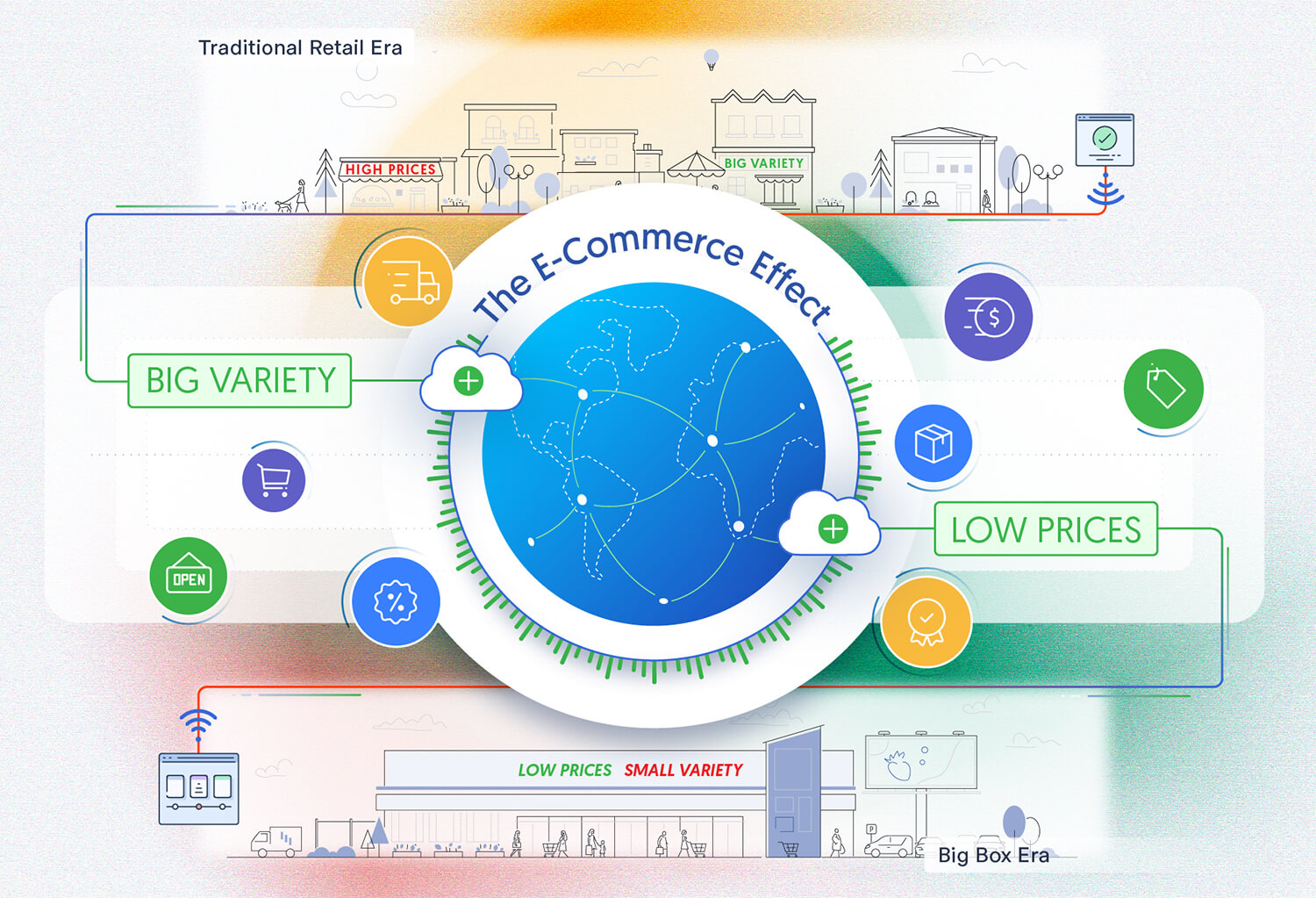How Breakthrough Technology Can Get Beaten Up In The Press
This week has helped remind me of the revenue possibilities open to big-media journalists: When our salaries don’t support us in the manner to which we are entitled, we can just collect extra paychecks from the incumbent interests we cover!
Or so you might think after reading the more hot-headed attacks on the New York Times’ John Broder for his coverage of the Tesla Model S electric car. After Tesla posted log data from the vehicle that didn’t square with some of Broder’s earlier writing, comment threads overflowed with accusations that Broder wrote a hatchet job because of a petroleum fetish or outright bribes from Big Oil.
The effect of cold weather on a Tesla S parked overnight without a recharge–or the odd advice Broder says he got from Tesla executives–might not have been predictable, but that reaction was.
Just about every time a disruptive product, service or competitor gets panned by the press, a large fraction of the audience will respond by saying the journalists involved were doing the incumbents’ bidding.
This keeps happening because the problem is real: A lot of breakthrough technology really does get trashed or at least grossly underestimated in early mainstream commentary. The Mac was a toy; Mozilla Firefox was merely equal to Internet Explorer 6; the iPod cost too much and didn’t store enough; the Prius couldn’t be sold for a profit and its batteries would never last; the iPhone would get crushed by the likes of Research In Motion and Nokia.
(Please, everyone, take a minute to read my review of the first iPad, in which I vastly overestimated the importance of Flash support and underestimated how developers would support the tablet. Then point and laugh.)
This isn’t a digital-age phenomenon, either. The NYT mocked the theories of rocketry pioneer Robert Goddard back in 1920.
The stereotypical diagnosis for these failures does not, however, hold up. The journalists I’ve known over almost 20 years in the business don’t take bribes from the companies we cover. Publishers don’t lean on us to favor one side or another; they do, however, tell advertisers demanding favorable coverage to screw off.
(I’m not saying that these crimes never happen–smaller papers and sites can be especially vulnerable, and it was only last month when we saw CBS corporate management stomp all over CNET’s editorial independence.)
No, I think we make these mistakes for less exciting reasons.
Confirmation bias is a reality and drives much of this. We look at a radically new device, app or service as if it were more of an incremental upgrade, leading to snap judgments along the pattern of “[new thing] is really just an [adjective] [older product].”
We then review this new thing by the metrics that worked for judging those older products–even though the people who will make this revolutionary competitor a success will toss out those yardsticks.
(Example: I have yet to find a smartphone that comes close to the weekend-long battery life my first phone delivered. Does that mean we all still carry feature phones? No. We make the tradeoff, even if we grumble about it a lot.)
A second problem arises when our instinctive skepticism leads us to think–often after hearing too many self-loving dot-commers yammer on about how they’re going to disrupt the world–that the upstart in the market is all hype. And if only you can puncture that balloon, you’d better sharpen your pen.
Your peers in the newsroom certainly won’t mind. If you err by being too optimistic about a newcomer in a market, you’re a gullible sap who fell for a slick PR pitch; if you lead readers astray by being too cynical about the prospects of change, at least you upheld core journalistic values along the way.
There is no defense for these forms of what you might call “intellectual capture” besides forcing yourself to consider alternate explanations for the evidence you’ve gathered. But if you as a journalist have forgotten how to do that, you’re in the wrong line of work anyway.








